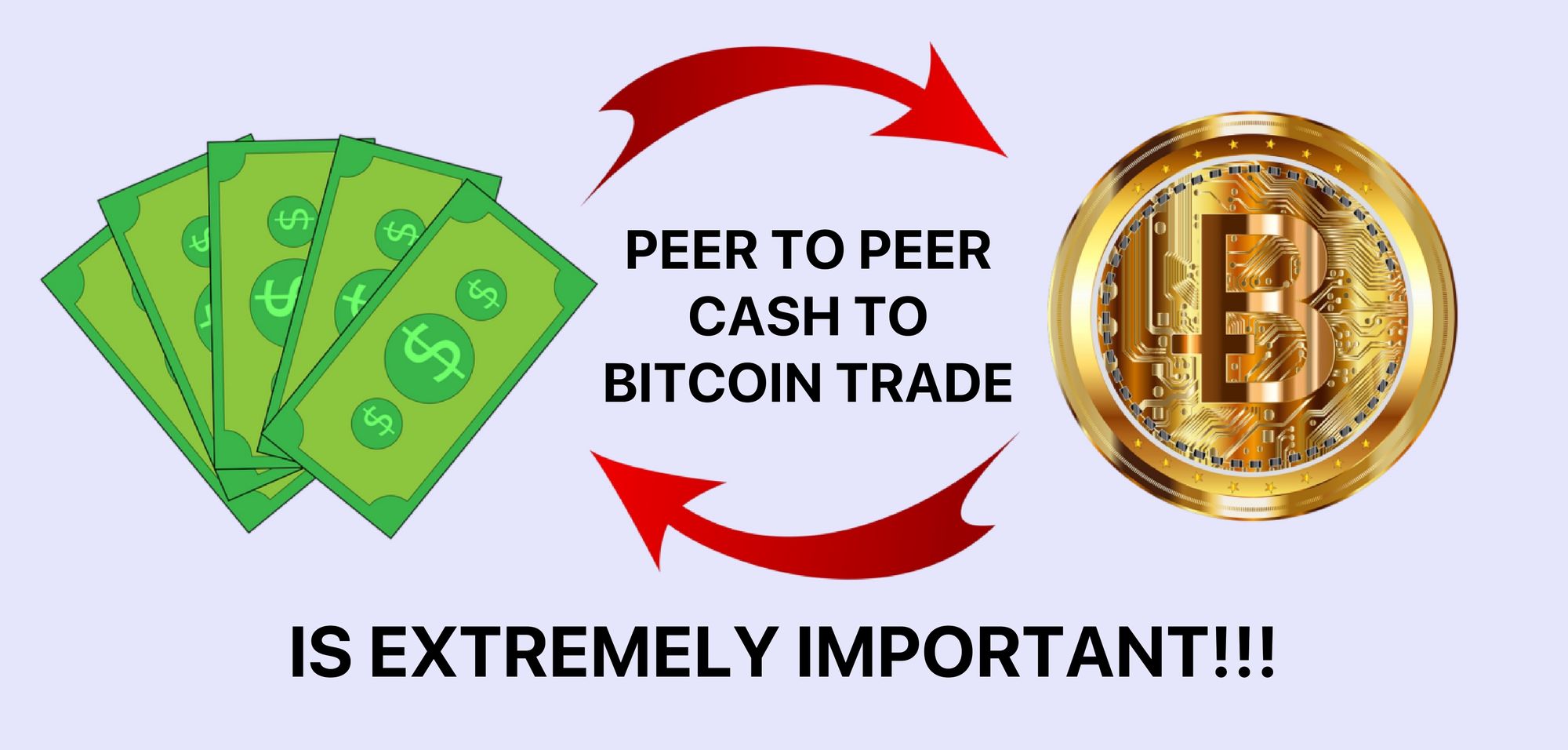Peer to Peer guidelines

Being able to swap bitcoin for local cash or vice versa is an important skill. There are several tools that make this possible - the simplest being a peer-to-peer trading group. Often these will exist around physical meetups - for these and in case you need to use online messaging services you might find these guidelines helpful.
For any group messaging use tools that have end-to-end encryption. You don’t want third parties to know about the trades. Best are Signal or Element. Telegram is not recommended (it does not have end-to-end group encryption).
Set disappearing messages on the trading group - two days should be more than enough. If you have a discussion group, you can set longer disappearing messages. Count on individual users not being able to secure their end devices.
Every new member must be personally known by an existing member and the existing member has to justify why they trust them. It’s not enough to know him/her, you need to know if they are reliable. Do NOT send invite links without proper approval. The administrator of the group should ensure that the new subscriber has read the group rules (for example these) and agrees to them. Keep the terms and conditions explicitly written down.
The existence of the group and the business is not discussed outside the group.
If someone has a demand, they write what they want to buy or sell at what rate (e.g. “Kraken last spot BTC/USD plus 2% fee”), when the rate will be fixed (at the time of accepting the trade or at the time of money exchange in case of personal meeting).
Prefer cash transfers. There have been issues when people’s bank accounts (including the new cool fintech) were frozen just because of small transactions with strangers. If you are a group of people in the same city, take the opportunity to meet briefly, chat and ensure that everything goes smoothly. Have a coffee and some short smalltalk.
Whoever wants to take the offer writes the person who made the offer a private message. There you can exchange addresses, LN invoice, account numbers, meeting time, etc. This information is both sensitive and, besides, no one else in the group is interested.
If you take the offer and agree to the terms, the deal stands. Even if the exchange rate has moved significantly and the deal is suddenly disadvantageous for one party. Violations of this rule are reported to the administrator of the group and if no correction is made, the party who backed out of the trade after agreeing to it is removed from the group.
Fiat always pays first.
The maker may delete the message after the trade has been made or mark it with emoticon as out of date. You do not say who the counterparty was or whether the trade was successful or just cancelled.
All other messages that are not buy/sell demands go to a discussion group. The trading group must be super boring and low traffic.
Use common sense. If someone in such a group wants to buy 10k bitcoins, it’s a big red flag. Don’t facilitate obviously “shady” activities like when criminals want to get rid of cash. If that already happens in the group, you’ve failed in curating it. It’s a good idea to shut down such a group immediately.
Help each other out. If someone wants to buy their first bitcoins and has a dodgy wallet, recommend or help them get a reliable and safe wallet. Help with the setup (for a fee, if you like - small payments over lightning are good practice). Help each other out and improve together. In the discussion group, share information not only about how your favourite crypto will “go up,” but especially how to use cryptocurrencies to regain sovereignty, how to safely hold your own keys, and not leave your assets in the custody of third parties (exchanges, custodians).
You don’t need many members. Maintaining a group of more than 50 members with sufficient privacy and a good reputation of members is challenging. Less is sometimes more. Five members is a good start.”
Thanks to Juraj Bednar and his excellent book (that I recommend you buy) on which these guidelines are based.